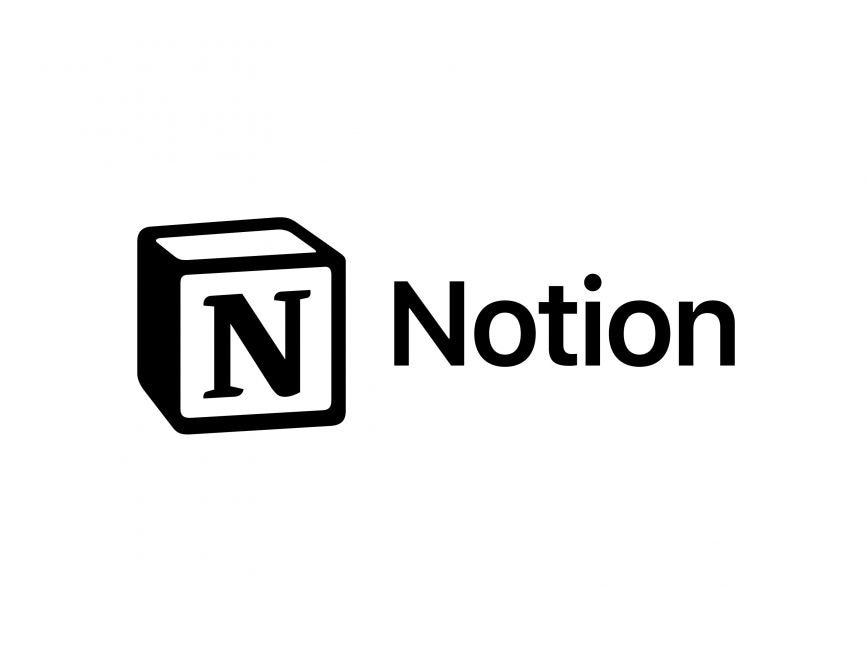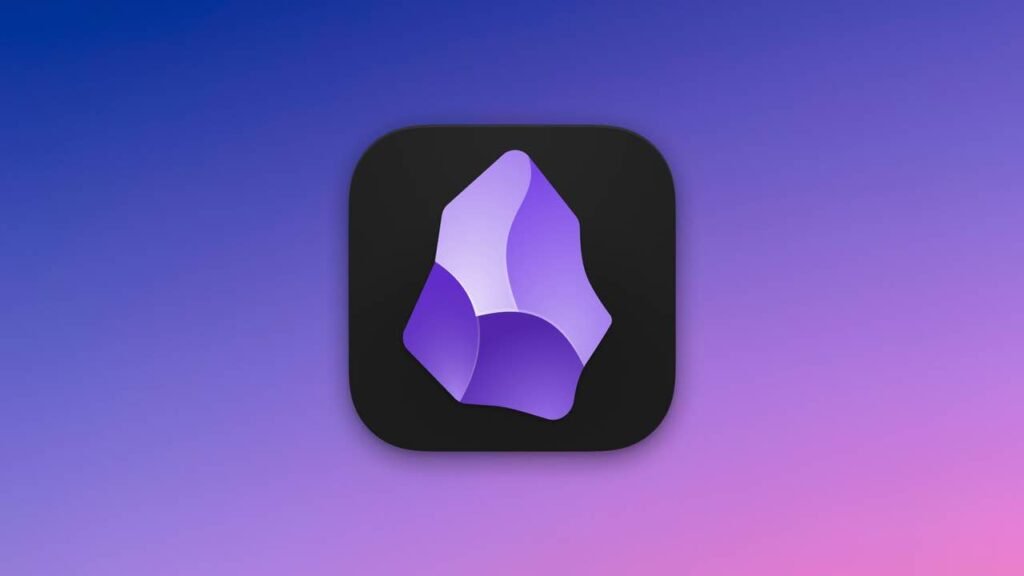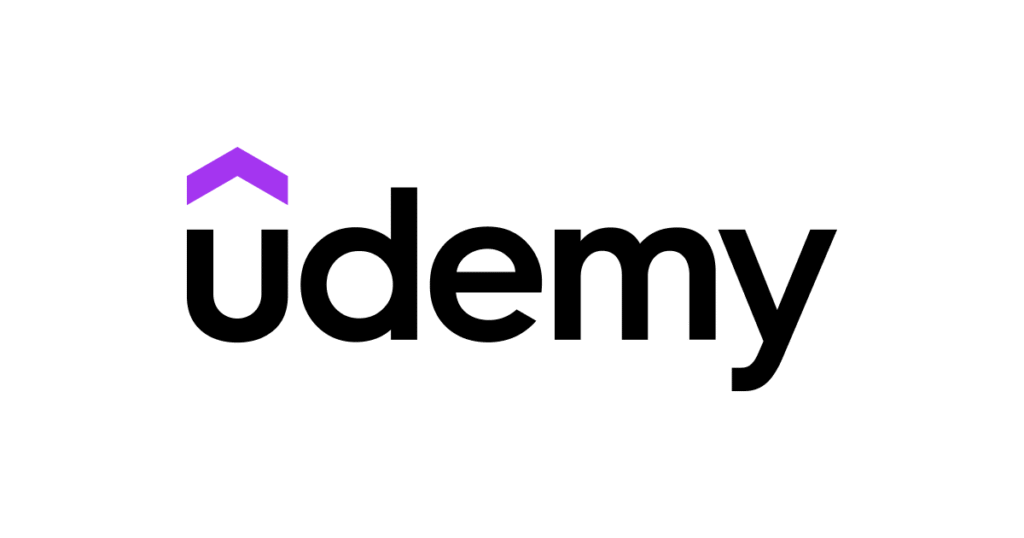Unlock Your Brain’s Potential
Wish you could absorb new skills like a sponge? Science says you can—if you understand how your brain learns best. In today’s fast-changing world, how to learn faster is a top priority for students, professionals, and lifelong learners battling information overload, short attention spans, and the pressure to master skills quickly. The science of learning offers a roadmap to accelerate your progress, and with the right accelerated learning techniques, you can optimize your brain for success this year.
Why Traditional Studying Doesn’t Work for Everyone
Many traditional study habits—like rereading notes, cramming the night before, or multitasking—fail because they don’t align with how our brains process information. These methods often lead to shallow understanding and quick forgetting. Cognitive science shows that brain-based learning methods like active engagement and spaced practice are far more effective for long-term retention and skill mastery.
The Science of Learning Explained
Here’s what neuroscience reveals about learning:
- Neuroplasticity: Your brain rewires itself when you learn. Consistent practice strengthens neural connections, making skills second nature (neuroscience of learning).
- Spaced Repetition: Reviewing material at increasing intervals (e.g., 1 day, 1 week, 1 month) boosts retention by up to 80% compared to cramming (Roediger & Butler, 2011).
- Active Recall: Testing yourself on material—like using flashcards—forces your brain to retrieve information, strengthening memory pathways.
- Sleep and Focus: Sleep consolidates memories, while deep focus enhances learning efficiency. A 2024 study found that 7-8 hours of sleep improved recall by 30%.
Top 7 Techniques to Learn Anything Faster
Master these study techniques that actually work to accelerate your learning:
- Spaced Repetition: Use tools like Anki to schedule reviews. A polyglot learning Spanish reviewed vocabulary daily, then weekly, mastering 1,000 words in three months.
- Active Recall: Quiz yourself instead of rereading. A medical student using flashcards to study anatomy improved her exam scores by 25% in 2024.
- Interleaved Practice: Mix topics during study sessions. A coder learning Python and JavaScript alternated practice, improving problem-solving speed by 15%.
- Feynman Technique: Explain concepts simply, as if teaching a child. A software engineer used this to master cloud computing, breaking down ideas into blog posts that gained traction online.
- Focus Cycles (Pomodoro + Deep Work): Work in 25-minute blocks with 5-minute breaks. A writer using this method completed a 10,000-word project in one week by minimizing distractions.
- Mind Mapping: Visualize connections with diagrams. A student used mind maps to organize history notes, boosting recall by 20% for her 2025 exams.
- Sleep Optimization: Prioritize 7-8 hours nightly. A professional learning data analysis found that consistent sleep improved problem-solving accuracy by 35% over a month.
The Role of Sleep, Nutrition, and Environment in Learning
Beyond techniques, optimize your brain:
- Sleep: Essential for memory consolidation—aim for a full night’s rest after 09:09 PM +06 tonight.
- Nutrition: Omega-3s (from fish or walnuts) and hydration support cognitive function.
- Environment: A clutter-free, quiet space boosts focus. A 2025 study found that students in distraction-free environments scored 20% higher on tests.
Recommended Tools and Platforms
Supercharge your learning optimization 2025 with these tools:
- Notion: Structure notes with databases and templates for projects or study plans.

- Anki: Create spaced-repetition flashcards for memory hacks for studying.

- Obsidian: Build a knowledge graph by linking related ideas, ideal for deep thinkers.

- Coursera/Udemy: Access structured courses on topics like coding or languages, with interactive quizzes.

For example, a graphic designer used Notion to organize tutorials and Anki to memorize shortcuts, cutting her learning curve for Adobe software by 40%.
Learn Smarter, Not Harder
Smart learners don’t work harder—they work with their brain, not against it. Master these accelerated learning techniques to unlock your potential today. Whether you’re a student, professional, or curious mind, the science of learning can help you achieve more in less time, starting right now in 2025.
Subscribe to MindGearMen for weekly tools, hacks, and insights that level up your mind and your life. You can also read our previous post on “How to Build a Second Brain“


